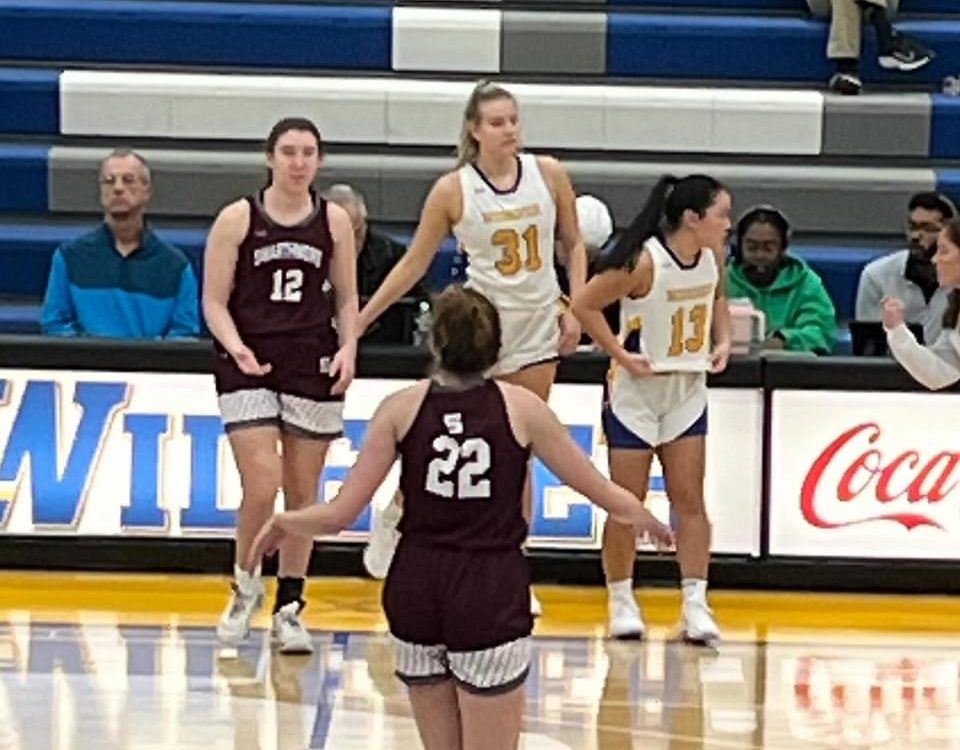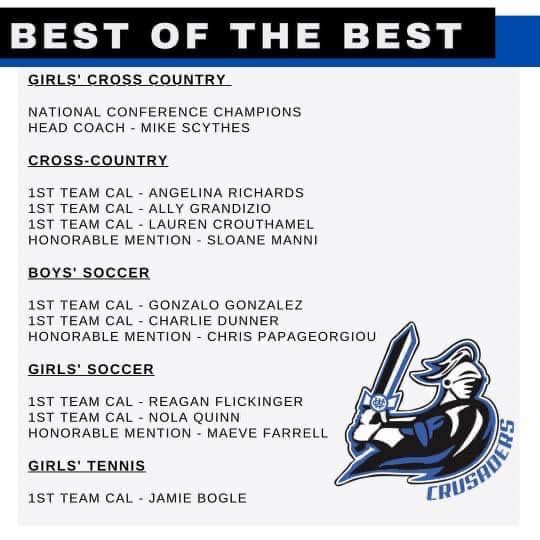
Wildwood High community mourns loss of longtime volunteer coach
January 5, 2018
VIDEO: Cerasi, Tigers shoot down rival Wildwood
January 7, 2018TOM WILLIAMS COLUMN: High school sports could be damaged by proposed law

The members of the New Jersey Legislature, with so few problems before them, have decided to turn their attention to high school sports.
Infrastructure, minimum wage, sanctuary cities, legalized sports betting, climate change, how to deal with the new federal “rich get richer” tax cuts – these are apparently under control. So, our state government says let’s give New Jersey high schools blanket permission to team up whenever it is convenient.
That might be an oversimplification but the bills before the State Senate and General Assembly in the next week could create some undesirable situations in high school sports.
A little background.
The New Jersey State Interscholastic Athletic Association (NJSIAA) has a procedure for schools to combine into one sports team if neither school is capable of fielding a team by itself. It is only available to Group 1 and Group 2 public schools. It has created teams in swimming, ice hockey, gymnastics and other sports that would not otherwise have existed.
Last summer, the West Windsor-Plainsboro school district asked to combine the football programs of its North and South high schools. WW-P North is a Group 3 schools with 1,040 students in grades 9-11. South is Group 4 with 1,185. But, because of the ethnic changes in the population of the district, there were not as many boys playing football.
Because the schools were larger than Group 2, the request was denied by the NJSIAA and all the way up the food chain. As a result, WW-P South had a varsity football team and North did not, though many of the North athletes played a JV schedule.
In September, as a result of that unfortunate situation, the NJSIAA approved a new football procedure that would allow larger public schools to combine their programs for two seasons but not be able to play in the post-season playoffs.
Members of the state legislature felt the NJSIAA did not act quickly enough. (That’s right, New Jersey politicians criticized somebody else for not acting quickly enough!)
So, Assembly members Daniel Benson, Annette Quijano and Wayne DeAngelo proposed a bill telling the NJSIAA to let schools combine programs regardless of enrollment. Senators Shirley Turner, Linda Greenstein and Diane Allen offered the same bill in their house.
This is what the bill says.
“The New Jersey State Interscholastic Athletic Association shall allow public high schools in the same school district to enter into a cooperative sports program for any sport at the varsity level, regardless of the member schools’ Group classification, if either of the schools demonstrates an inability to field a team at the varsity level due to: a decline in interest or participation in the sport at one of the schools that impacts the ability of that school to safely field a team; or budgetary constraints which force the elimination of certain sports programs at one of the schools.”
Sounds pretty simple, doesn’t it.
What it doesn’t do is clarify what “a decline in interest or participation” or “budgetary restraints” actually means. It kind of leaves that interpretation open and could lead to all kinds of mischief.
For example, Absegami, Oakcrest and Cedar Creek are in the same school district. They all have girls volleyball teams (though Absegami’s is far more advanced). Don’t you think it’s possible that a couple members of the Greater Egg Harbor Regional High School District Board of Education might consider joining the three programs? They would save on buses, coaches’ salaries, uniforms, officials, game staff and more.
When you look at the bottom line, that might seem like a good decision. They certainly could find a “budgetary restraint” argument. (You know how clever BOEs can be!) But that move would deprive about two-thirds of those playing volleyball at the three schools from a position on the district team.
And in what NJSIAA group would these combined teams play? The combined enrollment (or player pool) of Absegami, Oakcrest and Cedar Creek is 2,400 in grades 9-11, making it the largest enrollment in South Jersey.
This is just an example. In reality, the Cape-Atlantic League schools would not be affected much directly – the GEHRHSD is the only school district with a team in the CAL that has more than one high school. But it can open the door to foolishness all over the state.
The most ridiculous part of this story is that these legislators put this nonsense together without even talking to the NJSIAA, the people who work full-time in the field of high school sports.
A few years ago, Sen. Richard Codey introduced a bill that would penalize athletes who voluntarily repeat a grade in middle school. Parents generally make this decision because their son or daughter is younger than their classmates and holding them back will give them more maturity – socially, academically and athletically – in high school. It is an intelligent move that more parents should consider.
Sen. Codey was motivated to introduce the bill, in part, because he is a youth coach and he was tired of seeing student-athletes repeat a grade. He is a man who has done a lot for youth sports in this state but, in this case, he was misguided. And the bill went nowhere.
And consider the School Choice bill that was a favorite of Gov. Christie. (Just 11 more days!!) When the Department of Education first proposed School Choice – which allows students to apply for admission to public schools within the program but outside the district in which they live – the NJSIAA encouraged them to include the same 30-day period before the student can play sports that many regular transfers face. But the state government said no.
Now, after they fielded thousands of complaints, the rule has been changed this year. If a student moves from one public school to another within the School Choice program it will be considered a transfer and the student must sit out 30 days in all sports they had played at the previous school. This rule does not apply to those using School Choice to enter a high school as a freshman.
School Choice is, in many cases, a sports recruiting tool for public schools and it will be interesting to see how it is treated by Gov. Phil Murphy.
By the way, these bills before the state government include more than the simple bill listed above. There are amendments that allow a student-athlete attending a private school to play a sport at the public school in the student’s district if the private school doesn’t offer that sport. And students at a private school can be home-schooled and be eligible to play sports at the private school. How will that work? If they aren’t attending classes will they still need to pay tuition?
It is hard to imagine why these legislators get involved with things they know little about. Most of them probably believe they are helping constituents (or, more likely, donors) but there could be other reasons. Maybe, like every Monday morning quarterback, they think, as a fan, they know better. Or maybe it’s as simple as not being allowed free admission to an NJSIAA playoff game angered them.
Who knows.
What those who work full-time at high school sports – the NJSIAA staff, athletics directors and coaches – do know is that the people we’ve elected to represent us need to be more thorough. Lets hope they postpone this vote and look a little deeper into these bills. Talk to the people who know what can happen. Make an informed decision.
If they do that, they will see why these bills are not needed and could do harm to high school sports in New Jersey. And they might also earn our vote again in the next election.




